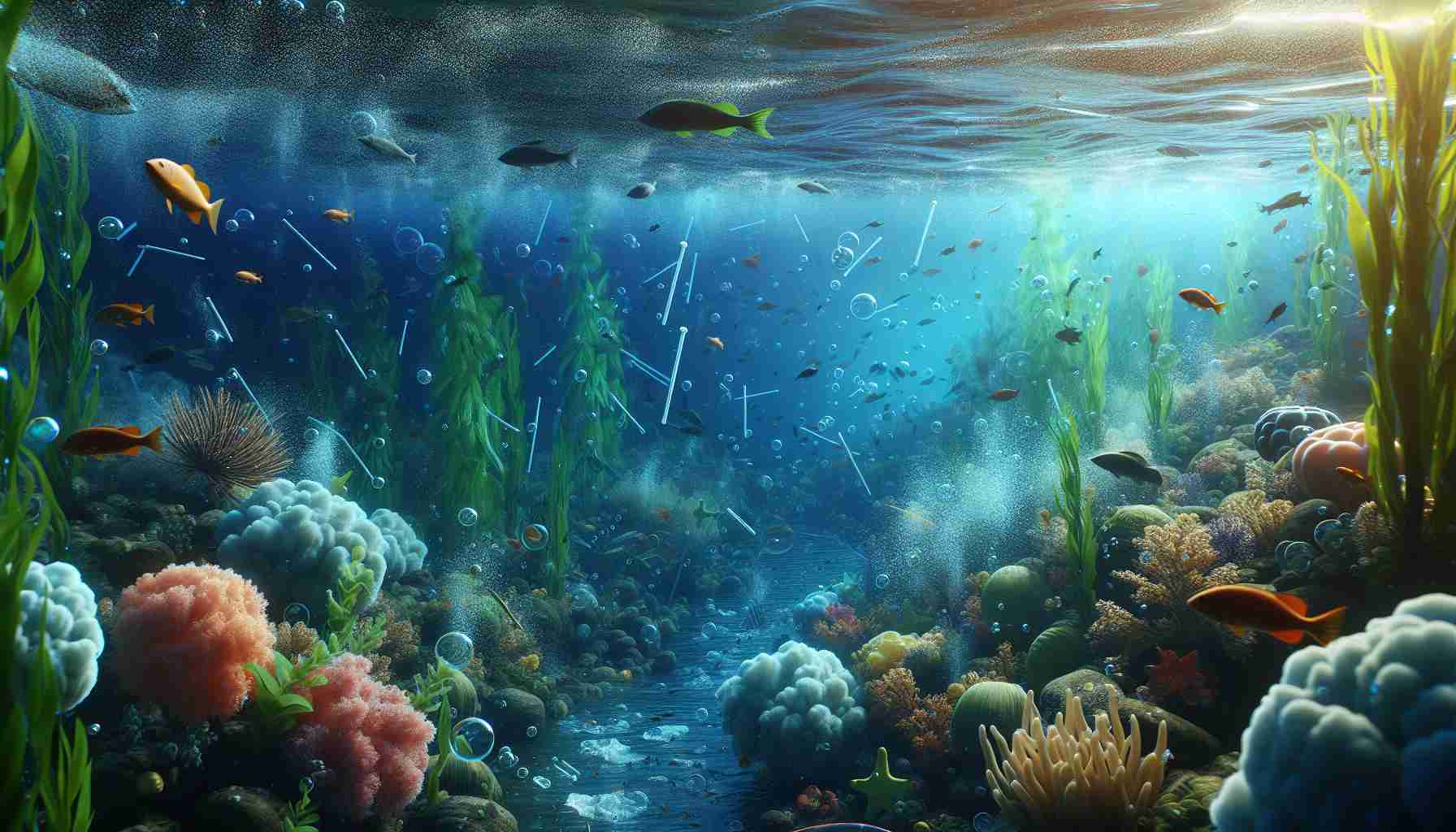As scientists continue to investigate the impact of pollution on marine environments, one particular concern has arisen: microplastics. These tiny fragments, often measuring less than five millimeters, are pervasive in oceans and waterways, originating from various consumer products and industrial processes. Recent studies have revealed alarming insights into how these […]
Pollution
Pollution refers to the introduction of harmful substances or contaminants into the natural environment, leading to adverse effects on ecosystems, human health, and the climate. It encompasses a variety of forms, including air pollution (the presence of harmful gases and particles in the atmosphere), water pollution (contamination of water bodies through chemicals, waste, or pathogens), soil pollution (degradation of land by harmful chemicals or waste), and noise pollution (excessive or harmful levels of noise in the environment). Pollution can result from human activities, such as industrial processes, transportation, and agriculture, as well as natural events like wildfires and volcanic eruptions. The consequences of pollution can be severe, contributing to health issues, loss of biodiversity, and climate change. Efforts to mitigate pollution include regulations, clean technologies, and public awareness campaigns aimed at reducing the release of pollutants and promoting sustainable practices.
